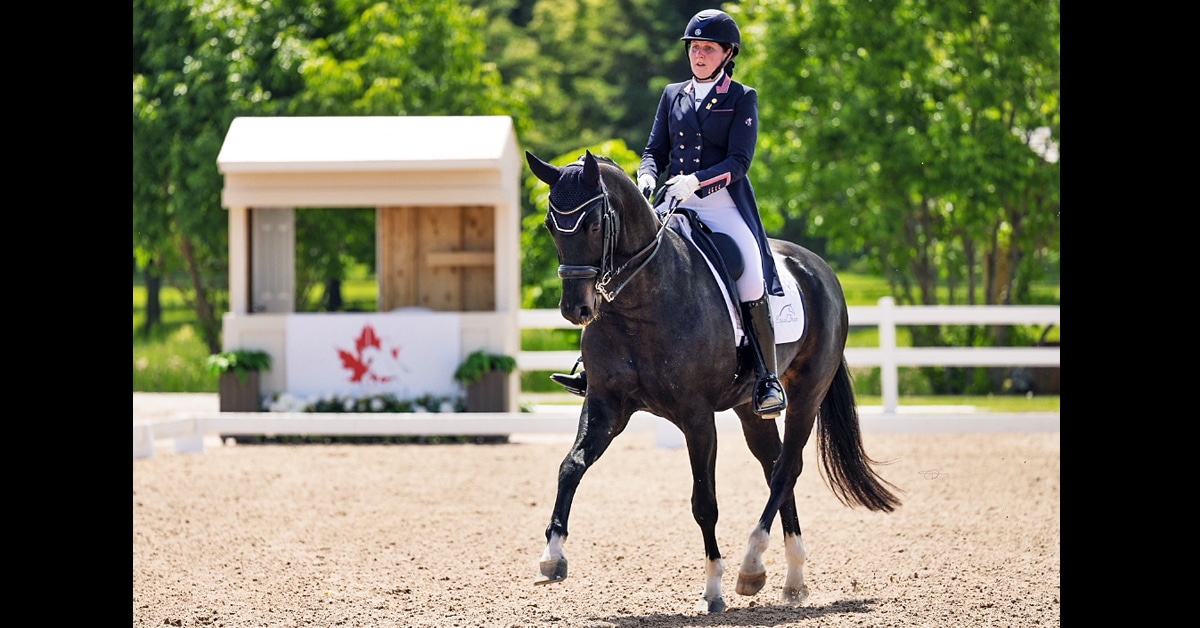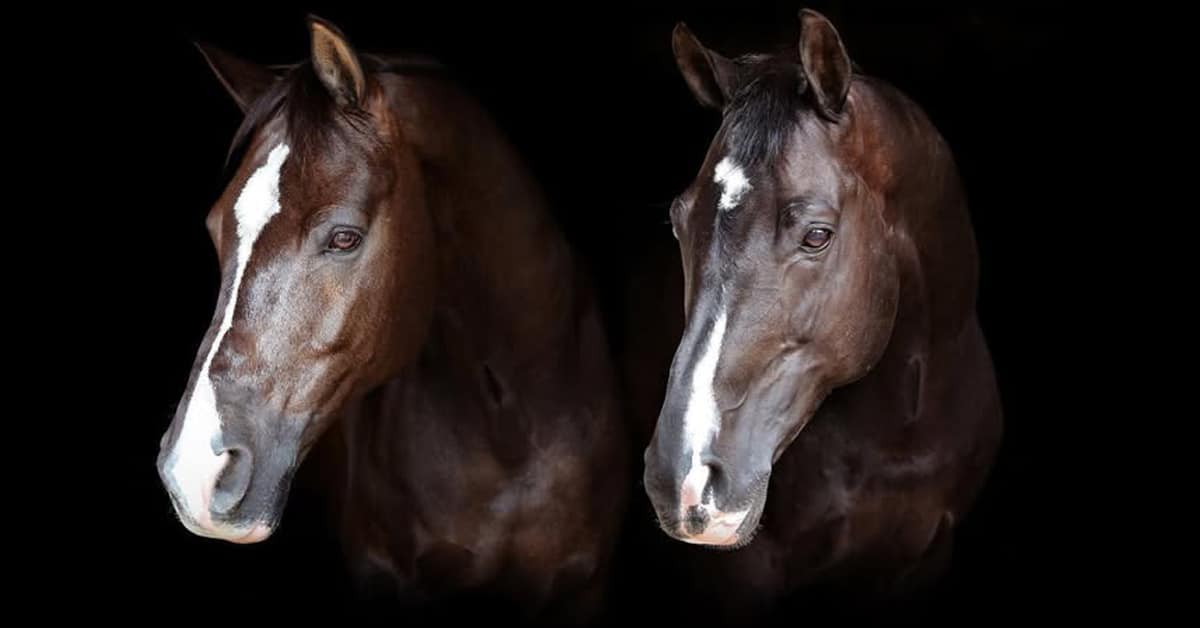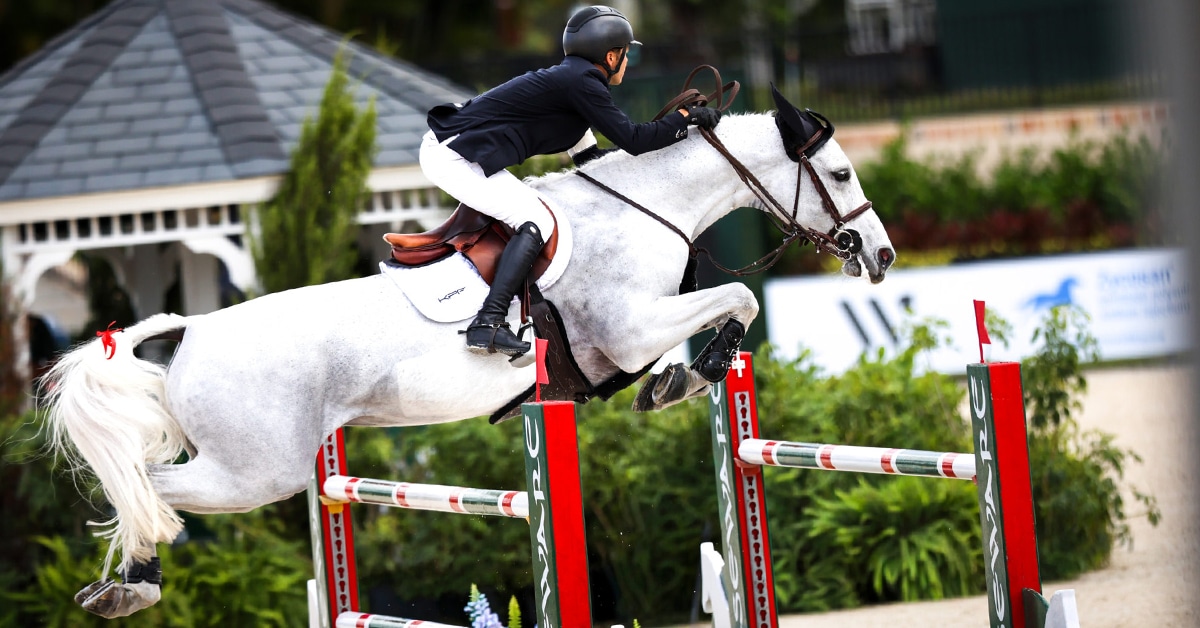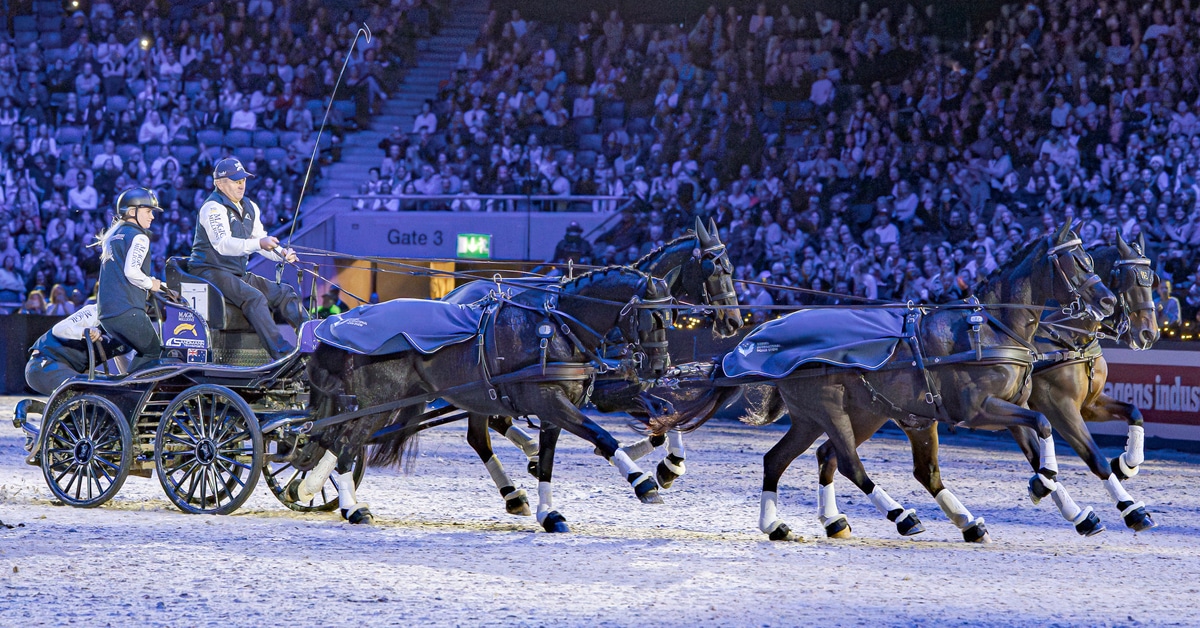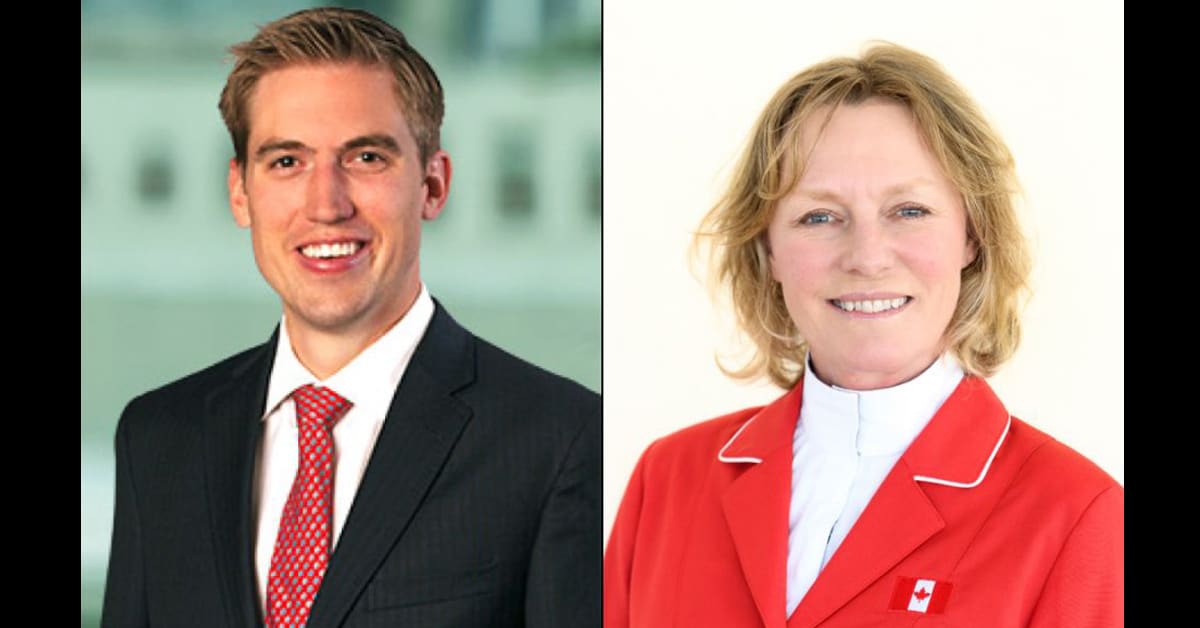Less than a year after he was elected to Equestrian Canada’s board of directors, Terrance “Torchy” Millar has resigned, citing his disagreement with the direction of the federation, headed by CEO Eva Havaris. Millar, who has been a pillar in Canadian equestrian sport for more than four decades, noted that he has a number of grievances with the direction of EC, but was primarily concerned that discipline committees were being ignored.
“I was not happy with several things,” he commented. “In my opinion, the management is sidelining the disciplines from any meaningful authority over their owns sports. It appears that the direction they are going is to run High Performance for the various sports directly from the EC office and I don’t think they have the knowledge, background, skill set, or capacity to do so.”
There have been ongoing discussions about how the disciplines should interact with EC under the new leadership. Previously, the sports managed their own affairs, with varying degrees of success. The Eventing and Dressage groups have been plagued for years with oversight issues, while Jump Canada and Para were very successful in guiding their sports. The new administration structure introduced by Havaris, however, has EC staff responsible for the overall management of each sport with input from the specific committees, but giving final approval on all matters to the CEO.
“Jump Canada had a 15-year track record overseeing the industry nationally; I think it’s been very successful by any measure,” Millar commented of the group that recorded 10 times more profit than any other EC sport. “There have been some disagreements, but the group delivered good service to sport license holders. The fact that we’ve had some very successful teams is fortunate, but that’s not the issue. Rather, it’s that the sport has been managed properly and is an asset to the federation. EC should seek to build strong national committees.”
Rather than instituting a new concept to help support the struggling disciplines while maintaining the proven format of the successful committees, Havaris is intent on implementing a one-size-fits-all strategy.
Millar isn’t alone in his disapproval. “We don’t feel the direction that EC is taking the sports is one for success,” noted Elizabeth Quigg, who has been chair of the Para-Equestrian Canada Committee for the last five years. “How can you guide a sport when the people in the office don’t have any ground knowledge or expertise?”
“Para has been a very successful discipline; one of the few bringing home medals consistently. We thought we had a template for success. Over the last 12 years we’ve built a program in unison with people at EC and the para committee. It was never one or the other being in control. It was a well-oiled machine that worked, but that fell apart in the last year.”
The lack of support for her leadership from such a noted industry figure is another blow to Havaris’s troubled tenure as CEO. Millar was the Team Leader for the Canadian Equestrian Team for the 2016 Rio Olympics. “Terrance is one of the most well-respected individuals in equestrian sport in Canada,” Havaris said at the time. “He has dedicated his life to equestrian sport as an athlete, trainer, coach, leader and builder.”
The remaining directors have the option of appointing a new director to fill Millar’s vacancy until the next election sometime in 2017.
More News
